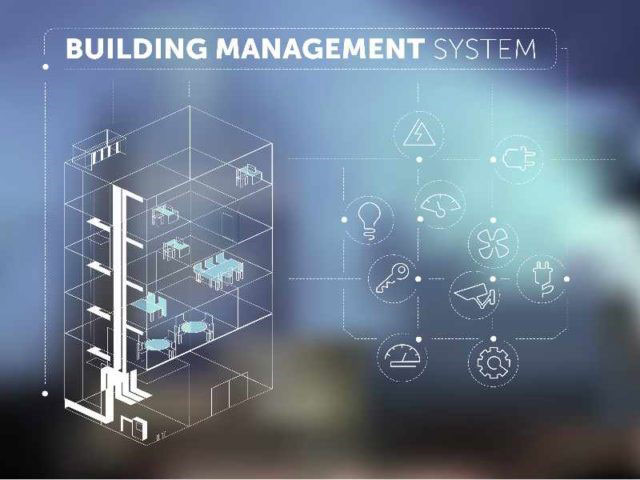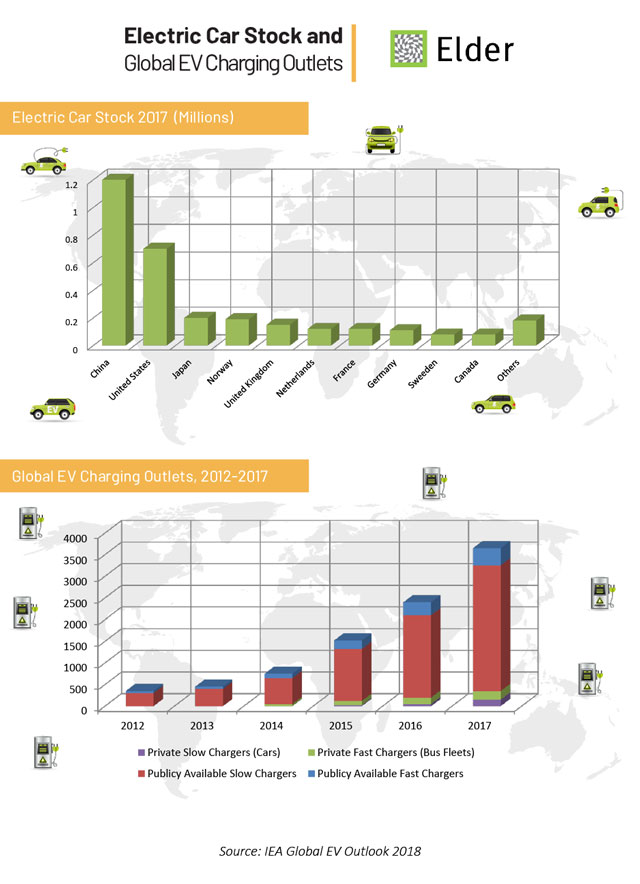UK Power Networks to Develop London’s First Virtual Power Plant
UK Power Networks will create a virtual power station in London to ensure grid reliability.
The utility is partnering with Powervault to implement the initiative.
The virtual power system will be powered by solar panels installed on consumer homes.
The system will enable consumers to generate their own electricity, store it on battery energy storage systems and sell it to the energy provider during times when demand on the main grid is high.
This means consumers will be able to reduce their bills by avoiding peak demand tariffs, as well as generate extra revenue by selling their electricity.
The project is the first to develop a virtual power system in London and falls under efforts to support the Mayor’s ambition to make London the world’s leading smart city.
Some energy storage batteries will be installed in approximately 40 households across the London Borough of Barnet.
The project will include integrating them with a software which will enable remote control of the combined storage and solar generation systems.
The project fits under UK Power Network’s ‘A Smart Grid for All’ programme, which seeks to employ innovative business solutions to expand the utility’s smart energy portfolio, as well as reduce consumer bills whilst improving services. The project launched in 2017 aims to improve consumer energy management.
Barry Hatton, director of asset management at UK Power Networks said: “We are committed to harnessing new technology to deliver direct benefits to our customers. Our plans to create the capital’s first ever ‘virtual power station’ are paving the way for a smart, flexible electricity network that puts people in charge of their energy use.
“London is a world-leader in technology and projects like this are just the start as we move towards a decarbonised, decentralised and digitised network that will offer significant benefits to our customers. It will help to keep down electricity distribution costs by providing a viable alternative to the traditional approach of simply adding more cables and substations to increase capacity.”
The agreement follows a successful trial of the technology with UK Power Networks in February 2018. During the trial, 45 Powervault batteries installed in customer homes were remotely controlled to minimise consumption during evening peak hours. On average, household evening demand was reduced by 60%.
Joe Warren, managing director of Powervault, said: “This is a really exciting development for our business and we’re delighted UK Power Networks has chosen to work with us. A payment for supporting the local networks, on top of the savings from solar and time-of-use tariffs, will enhance the business case for our customers, moving us a step closer to our goal of delivering a mass-market product as commonplace as a dishwasher. It also proves the value of domestic battery storage to the whole energy system. We think this contract is just the first step in what will be a huge growth area.”
Kaynak: Metering








